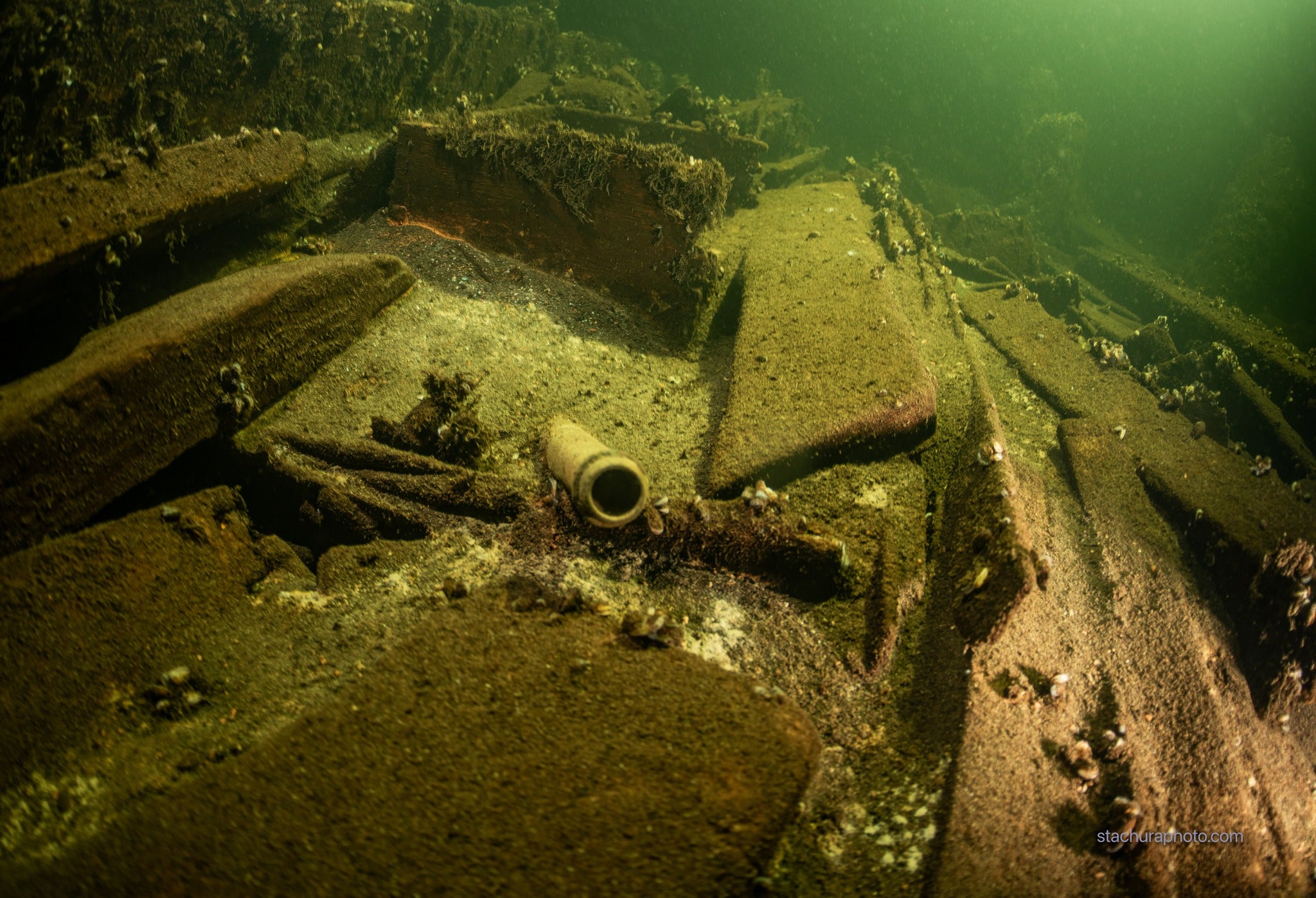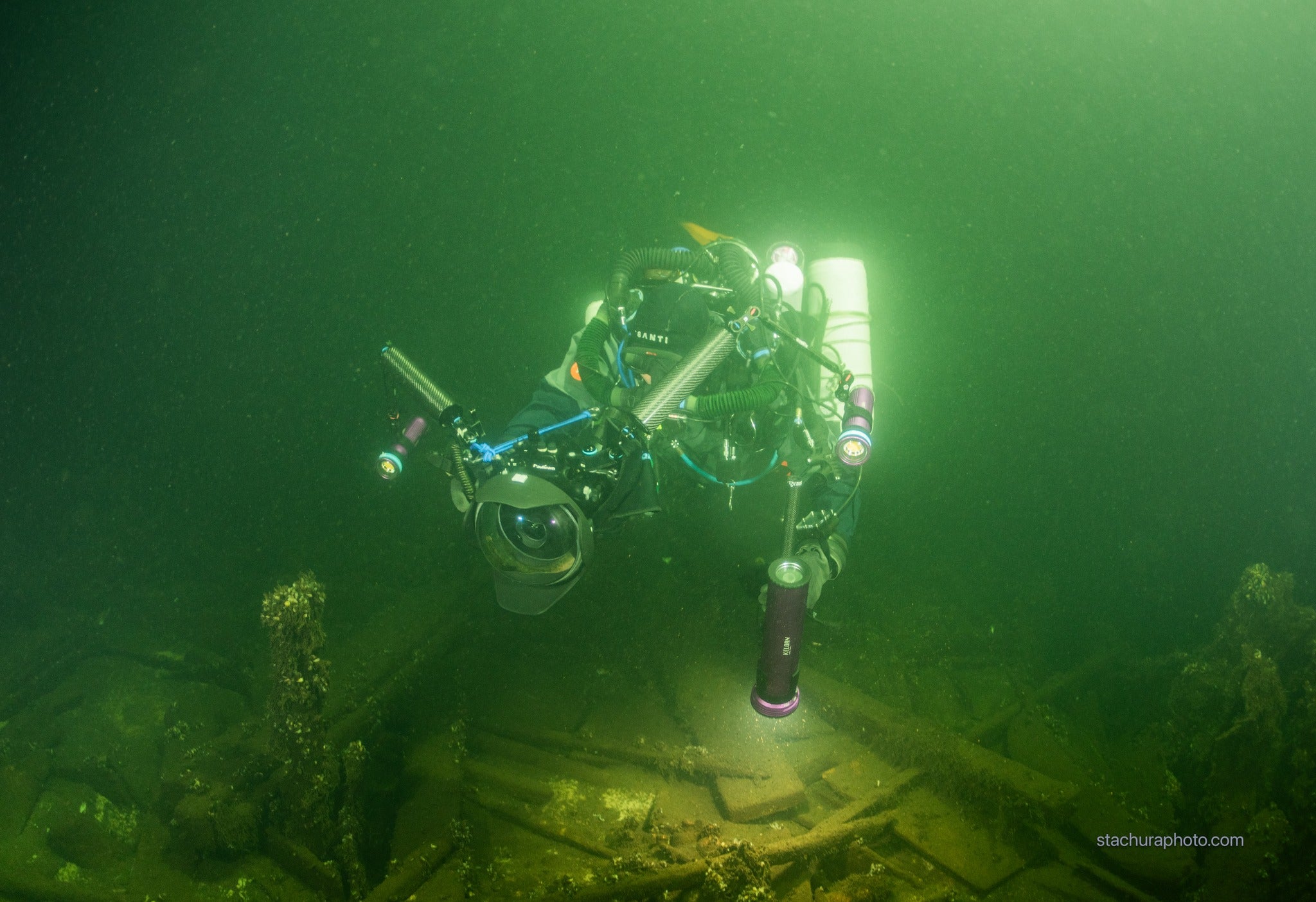One hundred unopened bottles of champagne found inside 19th century shipwreck
Previous discoveries of sunken champagne dating back as far as the 1780s have been found to still taste ‘fantastic’
Your support helps us to tell the story
From reproductive rights to climate change to Big Tech, The Independent is on the ground when the story is developing. Whether it's investigating the financials of Elon Musk's pro-Trump PAC or producing our latest documentary, 'The A Word', which shines a light on the American women fighting for reproductive rights, we know how important it is to parse out the facts from the messaging.
At such a critical moment in US history, we need reporters on the ground. Your donation allows us to keep sending journalists to speak to both sides of the story.
The Independent is trusted by Americans across the entire political spectrum. And unlike many other quality news outlets, we choose not to lock Americans out of our reporting and analysis with paywalls. We believe quality journalism should be available to everyone, paid for by those who can afford it.
Your support makes all the difference.A team of divers has discovered a 19th century stash of champagne and wine on a shipwreck at the bottom of the Baltic Sea.
During a recent dive off the coast of Sweden, the Polish diving group BalticTech detected what appeared to be an old fishing boat on their sonar, about 20 nautical miles south of the Aland Islands, situated between Sweden and Finland.
"At first, there were doubts whether there would be anyone willing to go down," the group mentioned in a post on their website. However, two divers decided to explore and took the plunge.
When they failed to return after two hours, the remaining team members suspected that "there was something very interesting on the bottom".
They were right. The divers descended to find a 19th-century sailing ship "in very good condition, loaded to the sides with champagne, wine, mineral water, and porcelain".
“There was so much of it that it was difficult for us to judge the quantities,” they wrote.
"I've been a diver for 40 years. From time to time, you see one or two bottles," Tomasz Stachura, the team's leader, told BBC News.
"But I've never seen crates with bottles of alcohol and baskets of water like this."

The team reported seeing more than 100 bottles of champagne and baskets of mineral water in clay containers. These clay bottles allowed the group to date the shipment to between 1850 and 1867.
The bottles, produced by the German company Selters, may provide clues about the ship's ownership.
"In those days, mineral water was treated almost like medicine and only found its way to royal tables," the diving group explained.
"Its value was so precious that transports were escorted by the police. We came across about 100 sealed bottles."

Mr Stachura speculated that the "treasure" might have been en route to Stockholm or St Petersburg, possibly intended for Russia's Tsar Nicholas I, who reportedly lost a ship in the area in 1852.
This discovery is not the oldest champagne ever found in a Baltic shipwreck. In 2010, diving instructor Christian Ekstrom and his team discovered around 30 bottles of champagne on a sunken ship near the Aland Islands. Those bottles, found at a depth of 200ft, were believed to be from the 1780s and likely destined for Russia.
Mr Ekstrom recalled the excitement when they retrieved the bottles. "We brought up the bottle to be able to establish how old the wreck was," he told The Associated Press at the time.
"We didn't know it would be champagne. We thought it was wine or something."
The divers later opened a bottle on their boat. "It tasted fantastic," Mr Ekstrom said. "It was a very sweet champagne, with a tobacco taste and oak."

Join our commenting forum
Join thought-provoking conversations, follow other Independent readers and see their replies
Comments